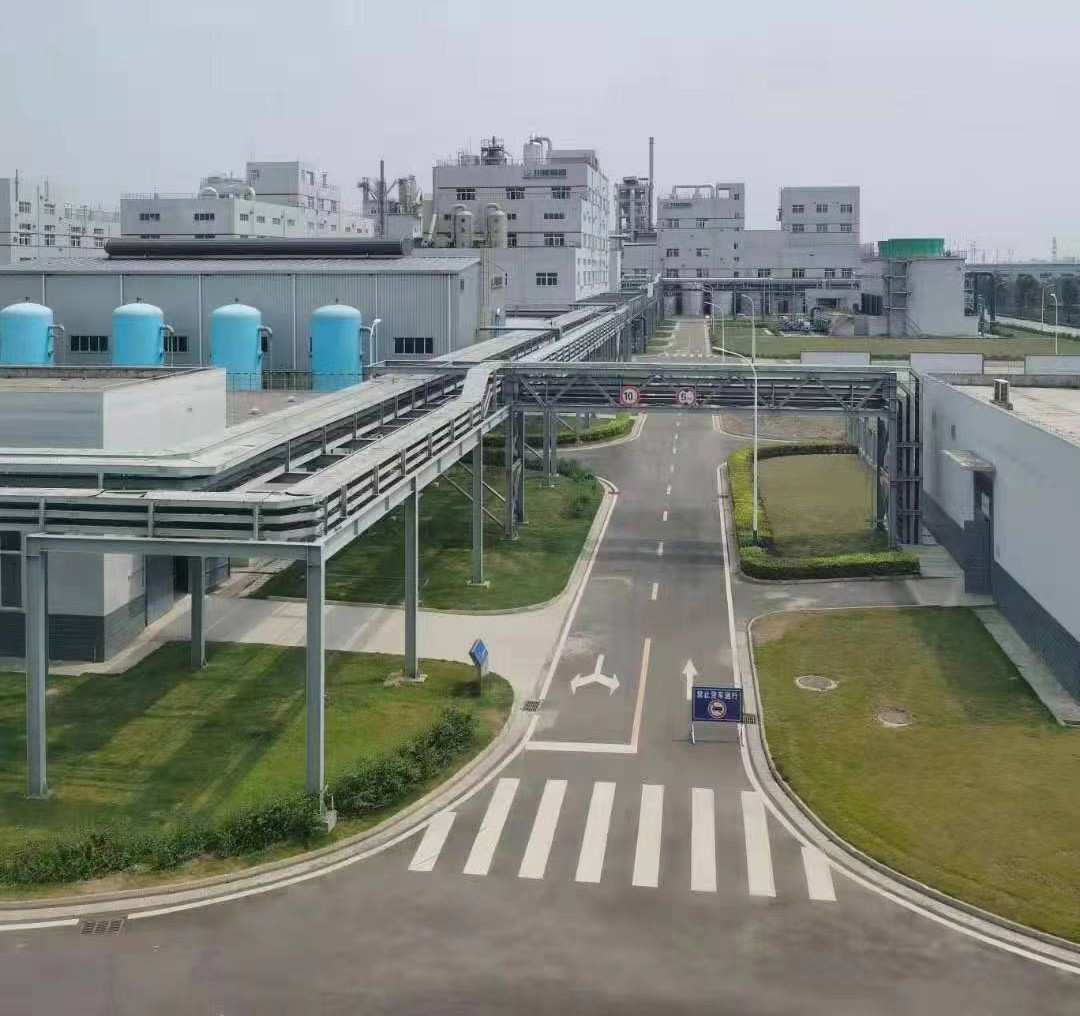A new mechanism of itaconic acid transporter SLC13A3- conferring cancer immunotherapy resistance
May,12,25
A new mechanism of itaconic acid transporter SLC13A3- conferring cancer immunotherapy resistance
Itaconate is a newly discovered metabolite derived from the tricarboxylic acid cycle (TCA), catalyzed by aconitine decarboxylase (ACOD1), primarily produced by activated macrophages and secreted into the extracellular environment, exhibiting complex biological activities. In the tumor microenvironment, itaconic acid is concentrated and induces immunosuppressive reactions. However, it is still largely unclear whether itaconic acid can be taken up by tumor cells and its mechanism of action.
On January 13, 2025, Li Lei from the First Affiliated Hospital of Xi'an Jiaotong University, Wei Wenyi from Harvard Medical School, and others published a paper titled "Cell Metabolism" in the Cell journal Itaconate transporter SLC13A3 confers immunotherapy resistance via alkylation-mediated stabilization of PD-L1.
This study found that SLC13A3 is a key transporter of itaconic acid and revealed that it enhances its stability by alkylating PD-L1, leading to immunotherapy resistance. Inhibiting SLC13A3 can enhance the therapeutic efficacy of anti-CTLA-4 immunotherapy, providing a new strategy for overcoming immunotherapy resistance.
This study found that SLC13A3, a member of the solute carrier family, is a novel itaconic acid transporter responsible for transporting extracellular itaconic acid into cells, facilitating the uptake of itaconic acid by various cells. The study also found a positive correlation between the uptake of itaconic acid and the expression of SLC13A3, further confirming that tumor cells are the main consumers of itaconic acid in the tumor microenvironment (TME).
In addition, the study also found that itaconic acid can increase the level of PD-L1 protein, reduce the expression of immune stimulating molecules, and promote tumor immune escape. Mechanistically, itaconic acid can alkylate the 272nd cysteine residue of PD-L1 protein, thereby antagonizing the ubiquitination and degradation of PD-L1. In a mouse tumor model of homologous transplantation, inhibition of SLC13A3 can enhance the therapeutic effect of anti-CTLA-4 immunotherapy and improve overall survival rate.
Overall, this study reveals a novel mechanism by which itaconic acid enters tumor cells and proposes a new strategy to enhance the efficacy of anti-CTLA-4 immunotherapy by inhibiting SLC13A3 mediated itaconic acid uptake.






